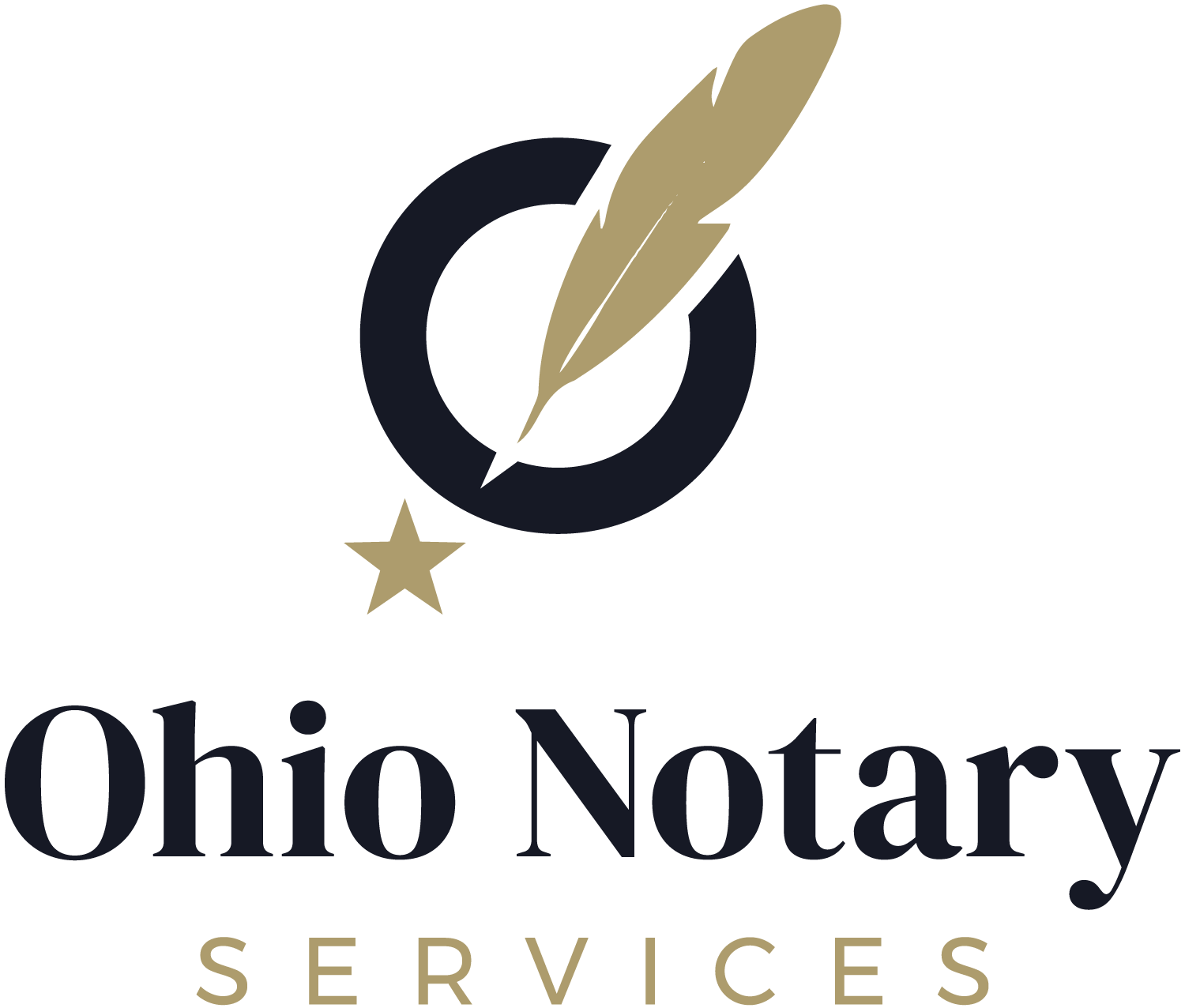Experienced Conveyancer: Browsing Home Transfers with Knowledge
Experienced Conveyancer: Browsing Home Transfers with Knowledge
Blog Article
Debunking Notarial Work: Simplifying the Function and Value of Notaries
In the complex web of legal paperwork and confirmation, notaries stand as columns of guarantee and authenticity. Their duty, commonly shrouded in enigma for lots of, lugs significant weight in making certain the validity and integrity of vital documents. As guardians of validity and fact, notaries play an essential part in our society, yet their work is not constantly fully recognized. By unraveling the complexities surrounding notarial techniques and dropping light on the value of their acts, a more clear understanding arises of the crucial duty notaries play in upholding the fabric of contractual and lawful arrangements.
The History of Notarial Job
The history of notarial job dates back to old civilizations, where scribes played a vital function in recording vital information and verifying papers. This led to the development of notaries, people appointed by the state to act as objective witnesses in lawful matters.
During the Center Ages, notaries gained importance in Europe, with their functions expanding to include composing lawful records, certifying signatures, and protecting documents. The surge of international trade additionally stressed the significance of notarial job in confirming contracts and agreements across borders.
In the modern period, notaries remain to play a vital function in legal and service deals by validating identifications, verifying the authenticity of files, and stopping fraud. Their function in certifying the validity of arrangements adds a layer of security and count on to the ever-evolving landscape of business and legislation.

Obligations and Duties of Notaries
The historic development of notarial work from ancient civilizations to the modern-day period has actually shaped the distinct duties and responsibilities that notaries support in legal and company purchases today. Notaries play an essential duty in validating the credibility of files and the identity of notaries. One of their key obligations is to witness the signing of essential documents, such as wills, agreements, and deeds, to ensure that all parties are becoming part of arrangements purposefully and willingly. Notaries additionally verify that notaries are of sound mind and not under duress or browbeating.
Moreover, notaries are entrusted with administering oaths and affirmations, which are essential in lawful process and the execution of testimonies. They accredit copies of initial files, supplying guarantee to institutions that the copies hold true reproductions of the originals. Notaries have to maintain accurate records of all deals they look after to guarantee openness and liability. In general, the tasks and responsibilities of notaries are vital in protecting the honesty and legality of various files and deals.
Notarial Certificates and Signatures
Exhibiting careful interest to detail, notarial certificates and trademarks function as necessary elements in verifying the authenticity of lawful records. Notarial certifications usually include essential information such as the day useful content of registration, the names of the notaries, a description of the file, and the notary's main seal. These certifications provide a clear record of the notarial act, guaranteeing that the record can be quickly identified and mapped back to the notary that supervised the process.
Trademarks play a critical role in notarial work, as they signify the arrangement and approval of the celebrations involved. Notaries very carefully witness the signing of files to confirm the identity of the signatories image source and confirm that they are authorizing of their own free choice. By affixing their main seal and trademark to the file, notaries license that the necessary treatments have been followed and that the record is valid and enforceable.
Basically, notarial certificates and trademarks are the hallmark of credibility in lawful deals, giving assurance to all celebrations entailed that the files are reputable and binding.
Significance of Notarial Acts

Registration Process Discussed
Clarifying the registration procedure provides clarity on the vital steps associated with verifying legal papers. The registration process commonly starts with the specific offering the file to a notary public. The notary then verifies the signer's identity via appropriate recognition techniques. When the identity is confirmed, the notary ensures that the individual authorizing the paper does so willingly and with no coercion.

Final Thought

Notarial certificates usually have critical details such as the date of notarization, the names of the signatories, a description of the paper, and the notary's main seal. These certifications provide a clear record of the notarial act, guaranteeing that the paper can be quickly recognized and mapped back to the notary that oversaw the process.
By affixing their official seal and signature to the file, notaries accredit that the needed treatments have actually been followed and that the paper is valid and enforceable.
By confirming the identity of the signatures, verifying their desire to enter into the contract, and accrediting the date and place of the finalizing, notaries play an important function in supporting the validity of legal documents.After the document is signed, the notary will affix their main seal or stamp onto the record.
Report this page